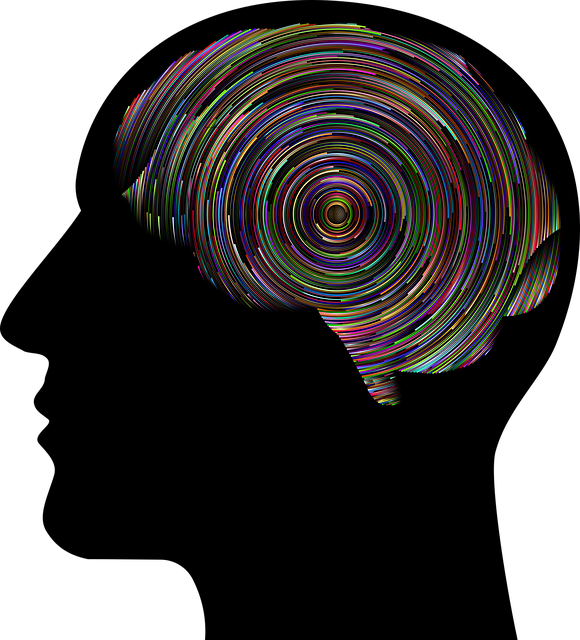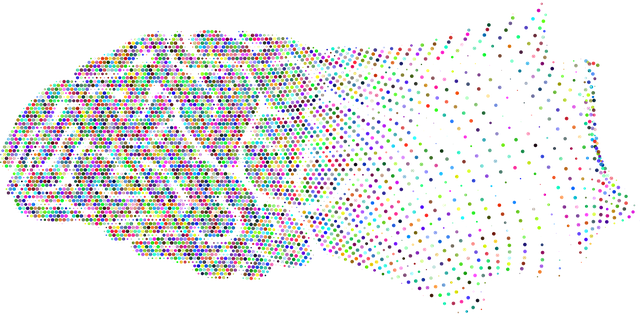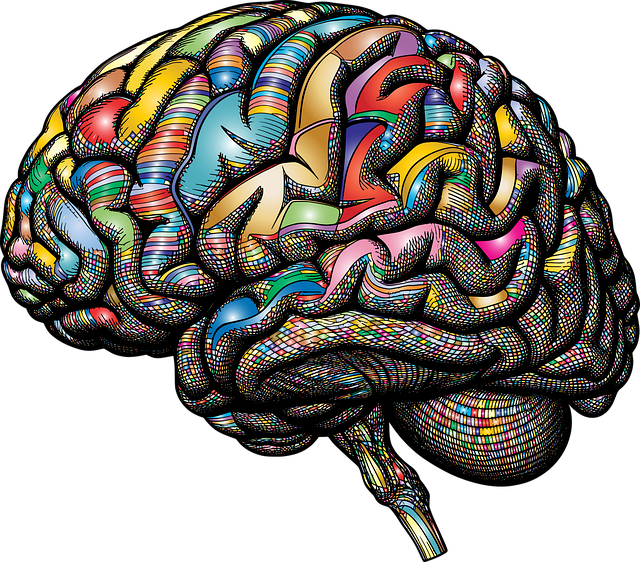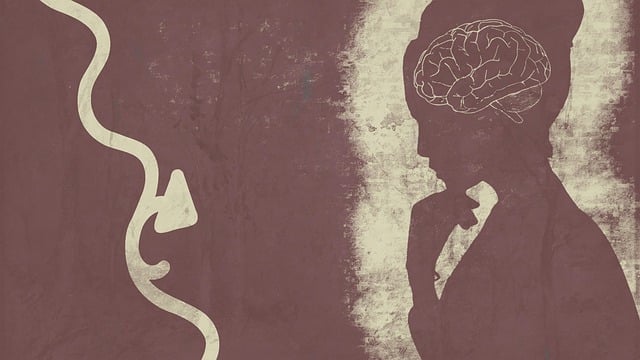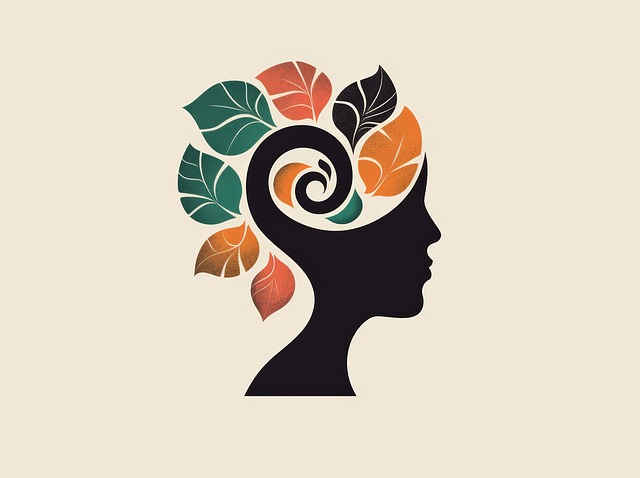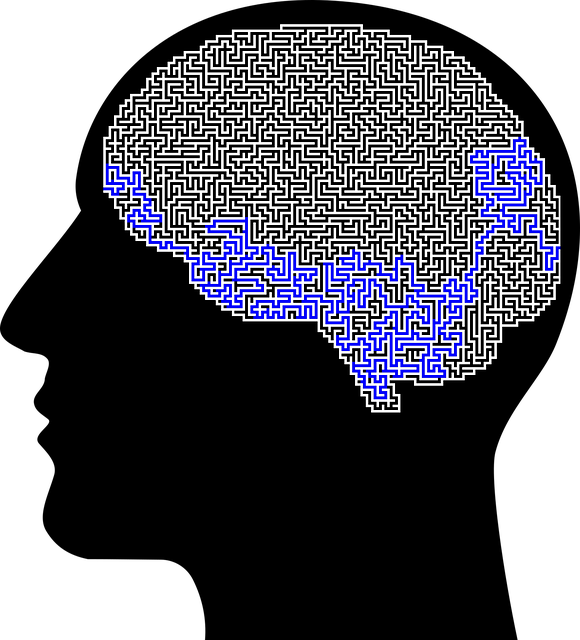Losing a loved one is especially challenging for teenagers, who may struggle to process grief and anger like adults. Therapy for adolescent teens offers a safe space for self-awareness exercises, cultural competency training, and mind over matter principles to navigate these emotions healthily. By addressing anger management issues through CBT, mindfulness, and crisis intervention, therapists guide teens towards resilience and effective emotional regulation, catering to their unique needs during development. Community outreach programs enhance access to these essential services, supporting adolescents' mental health and well-being after loss.
“Loss, grief, and bereavement are profound emotional experiences that can profoundly impact adolescent teens. This article delves into these complex topics from a teen’s perspective, offering insights into understanding loss and its aftermath. We explore the transformative power of counseling in coping with emotional pain and provide strategies to address specific challenges like anger management issues. Additionally, we discuss tailored therapy approaches for adolescents, supportive measures for healing, and growth following a significant loss. Discover how professional guidance can empower teens to navigate these difficult times.”
- Understanding Loss, Grief, and Bereavement: A Teen's Perspective
- The Role of Counseling in Coping with Emotional Pain
- Unraveling Anger Management Issues During Times of Loss
- Tailoring Therapy for Adolescent Teens: Strategies and Techniques
- Supportive Measures to Enhance Healing and Growth
Understanding Loss, Grief, and Bereavement: A Teen's Perspective

Losing someone close can be a profoundly confusing and overwhelming experience for teenagers, who may struggle to process their emotions in the same way adults do. Understanding loss, grief, and bereavement is an essential step towards healing. Teens often express their pain through anger, which can be both a reaction to the unfairness of the situation and a way to externalize their pain. Therapy for adolescent teens suffering from these losses can help them navigate their emotions, including their anger, by providing a safe space for self-awareness exercises.
Healthcare provider cultural competency training is crucial in this context as it ensures that counselors are sensitive to the unique ways different cultures process grief. By integrating mind over matter principles, therapists can guide teens towards healthier coping mechanisms, helping them develop resilience and learn to manage their emotions effectively. This approach not only aids in the immediate aftermath of loss but also equips teenagers with valuable self-management skills for life.
The Role of Counseling in Coping with Emotional Pain

Counseling plays a pivotal role in helping individuals, especially adolescents and teens, navigate the tumultuous sea of loss, grief, and bereavement. It provides a safe space for expression, where emotions like anger can be explored and managed effectively. Therapy sessions equip clients with empathy-building strategies, fostering deeper understanding and connection. Through self-awareness exercises, individuals gain insights into their feelings, enabling them to process grief in healthy ways. Compassion cultivation practices encourage kindness towards oneself and others during this challenging period. By integrating these tools, counseling offers a nurturing environment where one can begin to heal and find solace after loss.
Unraveling Anger Management Issues During Times of Loss

Grief and anger often go hand in hand, especially during times of significant loss. Many individuals, particularly adolescents and teens, may struggle to process their emotions healthily, leading to intense anger management issues. This can be a result of the sudden void left by the loss, making it challenging for them to navigate their feelings constructively. In therapy sessions, counselors help clients unravel these complex emotions, providing an outlet for expression and understanding.
Through tailored interventions, such as resilience-building techniques and trauma support services, counseling offers a safe space for teens to process their anger. This may involve exploring the underlying causes of their grief, learning healthy coping mechanisms, and developing strategies to manage intense emotions. Additionally, community outreach program implementations can further enhance access to these vital services, ensuring that adolescents receive the necessary support during what is often a turbulent period in their lives.
Tailoring Therapy for Adolescent Teens: Strategies and Techniques

In the context of loss, grief, and bereavement counseling for adolescent teens, tailoring therapy goes beyond age-appropriate discussions. It involves recognizing and addressing unique challenges that this demographic faces when coping with significant loss. Anger management is a crucial component of such therapy as teens often struggle to process their emotions, including anger, in healthy ways following a traumatic loss. By incorporating techniques like cognitive behavioral therapy (CBT) and mindfulness practices, counselors can help adolescents identify and reframe angry thoughts, promoting healthier emotional regulation.
Beyond individual counseling sessions, integrating crisis intervention guidance into therapy is vital. This equips teens with coping strategies for sudden or intense emotions during bereavement. Additionally, encouraging self-care practices and mental health education programs designed specifically for this age group can empower adolescents to navigate their grief journeys more effectively. Such tailored approaches foster resilience and support the overall well-being of adolescent teens grappling with loss.
Supportive Measures to Enhance Healing and Growth

In the journey towards healing after loss, grief, and bereavement, implementing supportive measures is pivotal for adolescents and teens navigating anger management issues. Therapy serves as a safe space to process emotions, fostering emotional healing processes that are essential for growth. Through structured sessions, individuals learn coping strategies to manage intense feelings, enabling them to find peace amidst the chaos.
Additionally, incorporating self-care routine development for better mental health is a game-changer. Engaging in activities that nurture both mind and body, such as meditation, exercise, or creative pursuits, becomes integral to the healing process. Even participating in stress management workshops organized by like-minded communities can provide valuable tools and support, empowering individuals to take charge of their emotional well-being.
Loss, grief, and bereavement counseling play a pivotal role in helping adolescent teens navigate turbulent emotions, especially when dealing with anger management issues. By understanding unique perspectives and tailoring therapeutic strategies, professionals can foster healing and growth. This holistic approach, addressing both emotional pain and anger management, is crucial for adolescents to process loss effectively and emerge with enhanced resilience. Through tailored therapy, these young individuals gain valuable tools to cope, ensuring they can navigate life’s challenges with newfound strength and a deeper understanding of themselves.
